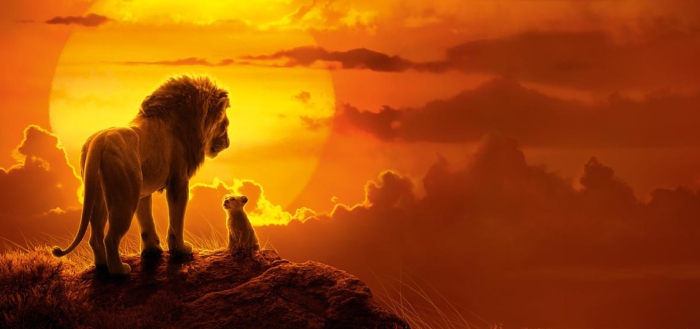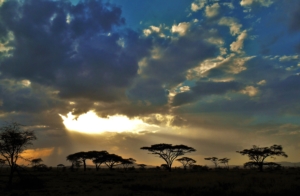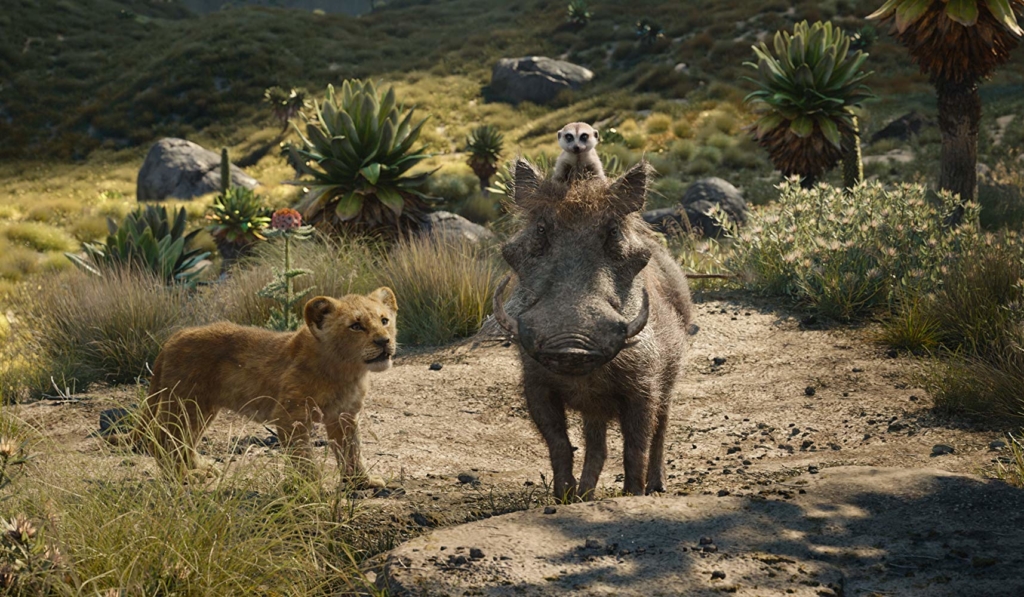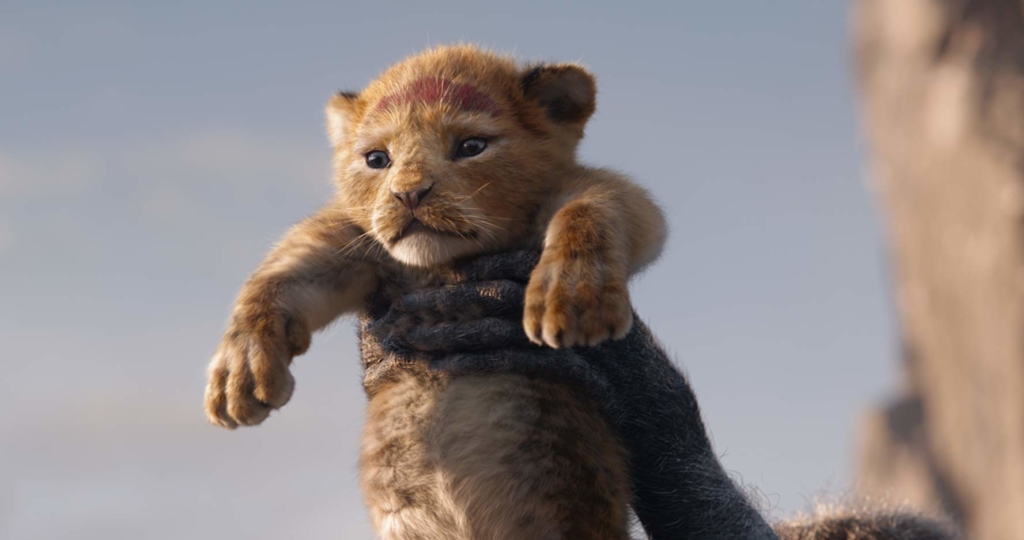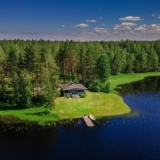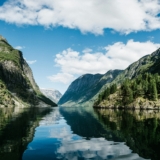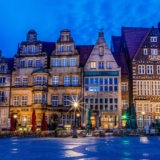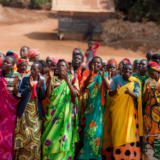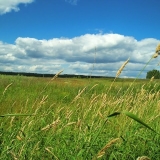Disney’s iconic movie, The Lion King, is back on screens after 25 years since the original film was released. Taking the public in a journey to the African savannah, The Lion King amazes with its visually astonishing landscapes and its beloved story.
Yet, the beauty of The Lion King consists in the cultural aspects of this movie, which bring to life so many components of the fascinating African folklore.
Take a look at some of the most important elements that were inspired by the African tradition.
Setting and Plot
The story take place in the Pride Lands of Africa, where the lions rule the jungle. These lands exist in the real world and they are located in Serengeti, a region in northern Tanzania. Throughout the movie, we get to explore several African landscapes: the desert, the plains, the jungle, the waterfalls.
The movie centres on Simba, King Mufasa’s son, and his coming of age journey. Simba is tricked into thinking he is responsible for his father’s death and he flees away from his homeland. With the help of his friends, he learns to overcome several challenges in order to return to his birth place and to deserve the role of king.
Simba’s fleet from his birth place symbolizes the lesson he needs to learn so that he can be initiated into adulthood. In many African cultures, this process in known as the rite of adulthood. During this ritual, the initiates are usually taken outside of the community to face several tests, in order to acquire the necessary skills . In Bassari tradition, boys are taken into a sacred forest where they experience a symbolic death, so that they can be reborn as mature members of the community. In the Masaai culture, boys spend around 10 years training in the warrior camp before achieving the status of senior warrior. Only then are they allowed to get married and become the heads of their families.
Names
The characters’ names are symbolic for the African culture and bear special meanings. Most of them are taken from the Swahili language, a Bantu language spoken in Eastern Africa. Take a look at some of the most representative names below, in order to discover their meaning and connection to the characters’ role in the movie.
Hakuna Matata
The famous phrase is also taken from the Swahili language. “Hakuna Matata” means “no worries” and it represents a life philosophy. The phrase has become a widely-known symbol of a life without worries, a positive mindset and a happy ending. There is also a song with this title, interpreted by Timon and Pumba. The song’s role in the movie is to teach Simba how to live happily and forget his worries.
The circle of life
Probably the most representative song from the movie, “The circle of life” offers an authentic opening to the African jungle portrayed in The Lion King. Apart from the great melodic line, the song starts with some pretty distinctive lyrics before switching to English. Take a look at the intro verse and its translation below.
Nants ingonyama bagithi
Babaas Sithi uhm ingonyama
Nants ingonyama bagithi baba
Sithi uhhmm ingonyama
Ingonyama
Siyo Nqoba
Ingonyama
Ingonyama nengw’ enamabala
Here comes a lion, father
Oh yes, it’s a lion
Here comes a lion, father
Oh yes it’s a lion
A lion
We’re going to conquer
A lion
A lion and a leopard come to this open place
The lyrics are in Zulu, the most widely used language in South Africa, spoken by more than 10 million people. They were composed and sung by Lebo M., a South African native. While the literary translation of “ingonyama” is lion, it is also the title of the Zulu king. The everyday word for “lion” is “ibhubesi”.
The Lion King 2019
Whether you feel nostalgic, or you just want to enjoy an exotic adventure, The Lion King is a must-see this summer. With an A-list cast and spectacular landscapes, Disney will most probably bewitch us with this remake. Nevertheless, it will be interesting to see how a legendary movie is reinvented and adapted to nowadays standards.
Photo Sources:
- Serengeti National Park: https://www.flickr.com/photos/squeakymarmot/14513953270/
- The other photos are taken from Disney or from websites created and owned by Disney, the copyright of which is held by Disney.

